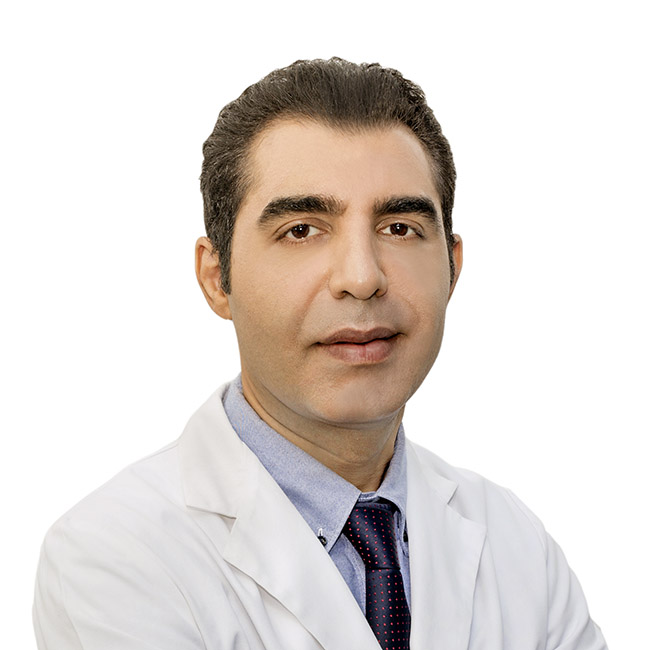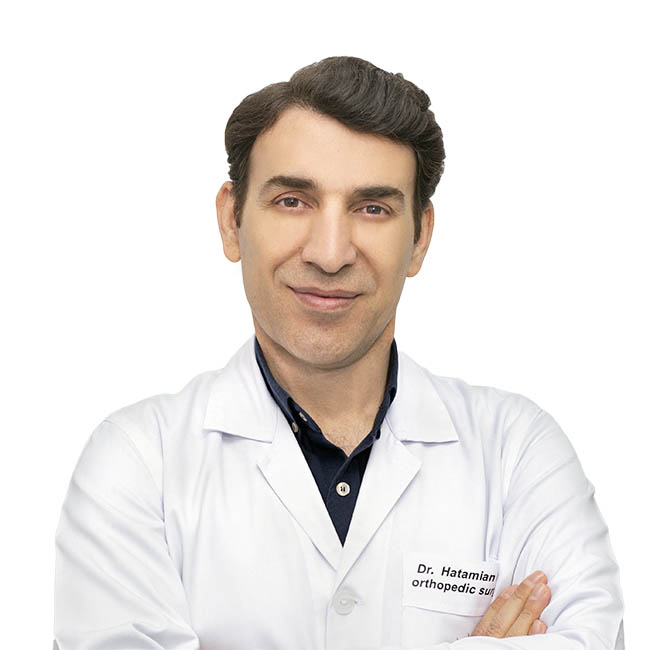Headaches
What is a headache and how is it treated?
A headache is a common medical condition characterized by pain or discomfort in the head or neck region. There are several types of headaches, including tension headaches, migraines, and cluster headaches, each with its own unique characteristics and treatment options.
The treatment of a headache depends on the type and underlying cause of the condition. Some common treatment methods for headaches may include:
1. Medications: Over-the-counter pain relievers such as acetaminophen or nonsteroidal anti-inflammatory drugs (NSAIDs) can help to relieve symptoms. Prescription medications such as triptans or ergotamines may be needed for migraines or cluster headaches.
2. Lifestyle changes: Lifestyle changes such as getting enough sleep, reducing stress, and avoiding triggers such as certain foods or environmental factors may help to prevent or reduce the frequency of headaches.
3. Relaxation techniques: Relaxation techniques such as deep breathing exercises, meditation, or yoga may help to reduce stress and tension that can contribute to headaches.
4. Physical therapy: Physical therapy may be recommended to help improve posture, strengthen the muscles of the neck and shoulders, and reduce tension that can contribute to headaches.
5. Injections: Injections such as nerve blocks or Botox may be used in some cases to reduce pain associated with headaches.
It is important to work with a healthcare professional to determine the most appropriate treatment approach for an individual's specific type of headache and medical history. Additionally, it is important to understand that the effectiveness of treatment may vary depending on the type and underlying cause of the headache, as well as the individual's medical history and other health conditions.
Prevention of headaches involves maintaining a healthy lifestyle, getting enough sleep, reducing stress, and avoiding triggers such as certain foods or environmental factors. It is also important to seek medical attention if headaches persist or worsen despite rest and home remedies, or if they are interfering with daily activities and quality of life.
What are the benefits of headache treatment and what are the recommendations of doctors to improve it?
The benefits of headache treatment can vary depending on the type and underlying cause of the headache, as well as the effectiveness of the chosen treatment method. However, some potential benefits of headache treatment may include:
1. Reduced pain and discomfort: Treatment can help to reduce the pain and discomfort associated with headaches, making it easier to perform daily activities.
2. Improved quality of life: Treatment can improve overall quality of life by reducing the impact of headaches on daily life, improving mood, and reducing associated stress and anxiety.
3. Improved function: Treatment can help to improve function and productivity in the affected individual, which can help to prevent further damage and reduce the risk of future episodes.
4. Prevention of complications: Treatment can help to prevent complications associated with severe or chronic headaches, such as chronic pain or disability.
Doctors may recommend the following tips to manage or prevent headaches:
1. Maintain a healthy lifestyle: This includes getting enough sleep, eating a healthy diet, staying hydrated, and engaging in regular exercise.
2. Avoid triggers: Identify and avoid triggers such as certain foods, environmental factors, or stressors that can contribute to headaches.
3. Manage stress: Engage in relaxation techniques such as deep breathing exercises, meditation, or yoga to reduce stress and tension that can contribute to headaches.
4. Take medications as prescribed: Follow the instructions of your healthcare professional regarding the use of medications to manage headaches.
5. Seek medical attention: It is important to seek medical attention if headaches persist or worsen despite rest and home remedies, or if they are interfering with daily activities and quality of life.
It is important to work with a healthcare professional to determine the most appropriate treatment approach for an individual's specific type of headache and medical history. Additionally, it is important to understand that the effectiveness of treatment may vary depending on the type and underlying cause of the headache, as well as the individual's medical history and other health conditions.


